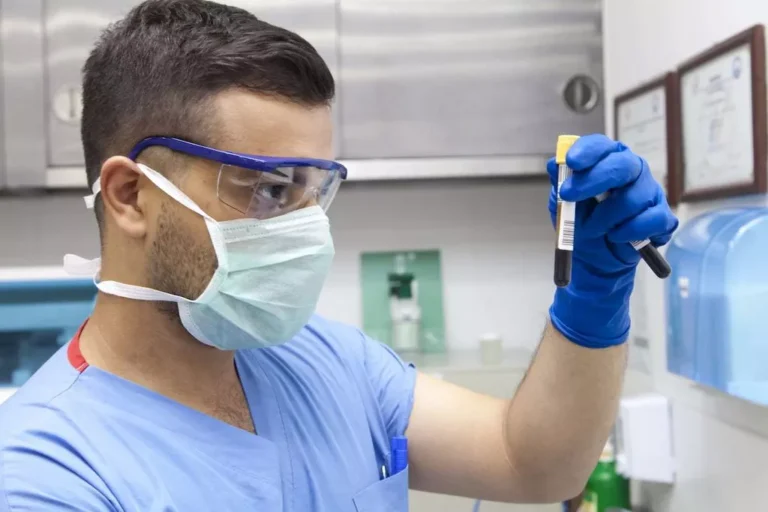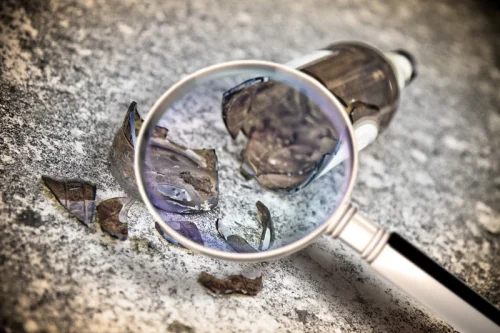
An allergist is a special type of doctor that focuses on allergic conditions. If you have allergic rhinitis and cannot avoid triggers altogether, such as pollen, talk to your healthcare provider about allergy medication. If you continue to sneeze after you eat, you should be examined by a medical professional to rule out other causes. The second reason why sneezing after alcohol alcohol can cause sneezing and congestion is that wine, beer, and spirits contain histamine, a compound that elicits an allergic response. Of all alcoholic beverages, red wines usually have the highest histamine content. In other cases, people can be intolerant to the chemicals that give alcoholic drinks their flavour and colour, not the alcohol itself.
How can I avoid getting COVID-19 and the flu?

Common sulfites include potassium bisulfite or potassium metabisulfite. Sulfur dioxide is another closely related chemical that can trigger reactions in some people. Combining alcohol with certain medications also can cause reactions. Alcohol intolerance is caused by a genetic condition in which the body can’t break down alcohol efficiently. The only way to prevent these uncomfortable reactions is to avoid alcohol.
Can You Be Allergic to Alcohol? Yes, Here’s What to Know About Alcohol Intolerance
Research suggests this is one of the most common hereditary disorders in the world, affecting 560 million people, or eight percent of the global population. The highest prevalence (35-40 percent) is among in people of East Asian descent. Finally, acetate is further broken down into water and carbon dioxide and, voila! You had a long week, and you opened that bottle of wine to help you relax — but instead you wound up with a stuffy nose you now have to deal with. It doesn’t happen to everyone, but those who do get congested after a glass or two know just how much of a buzzkill it can be.
Possible effect of the ingestion of alcohol on allergic rhinitis
If someone believes they have an alcohol allergy or intolerance, they should stop drinking alcoholic drinks and visit their healthcare provider for testing and advice. If you have a true alcohol allergy, the only way to avoid symptoms is to avoid alcohol entirely. Even a small amount of alcohol can trigger a severe reaction. Read the ingredient lists of foods and drinks, ask restaurant staff for information about menu items, and avoid products that contain alcohol. Excessive acetaldehyde can lead to sickness, an irregular heartbeat and the aforementioned facial flushing.
- For instance, the nerve endings in the nose might react to triggers too easily.
- An allergy to wine is believed to be rare, though an intolerance to wine that impacts roughly 10% of people.
- Compared with historical flu cases, COVID-19 may cause more hospital stays and death for people age 18 and older, even those who have no other health challenges.
- It can also lead to anaphylaxis, which is an emergency.
- If you’re allergic to any of the ingredients in a mixed drink, you may want to avoid it.
- Aldehyde dehydrogenase (ALDH2) is an enzyme that your body uses to digest alcohol.

Snatiation is likely genetic and doesn’t cause any health problems. If you notice that you sneeze more after large meals, try eating smaller meals or eating slowly. You can also manage the symptoms of gustatory rhinitis with over-the-counter decongestants, such as pseudoephedrine (Sudafed). Oral decongestants are not usually used unless nasal antihistamines and nasal glucocorticoids haven’t worked for you.

How does an allergic reaction to alcohol differ from a bad hangover?
- In some people, intolerance or allergy to alcohol can also result in uncomfortable or even dangerous symptoms.
- People with an alcohol allergy should exercise caution when eating or drinking anything that they have not prepared themselves.
- Flu season in North America is highest in December, January and February.
- To prevent sneezing, first, you’ll need to figure out why you are sneezing.
- However, they can come on suddenly, and a person could develop an alcohol allergy at any point in their life.
